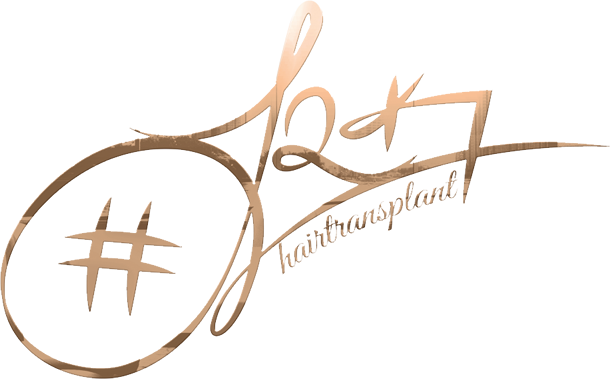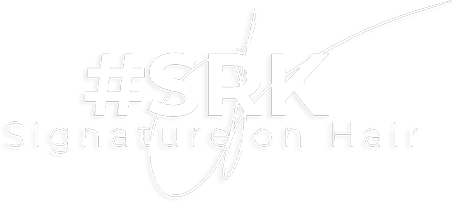
04 Jul Nutrition After Hair Transplant
With hair loss becoming a major problem for both men and women, hair transplant practices have become quite common. A hair transplant procedure provides you with permanent and natural looking hair. Hair transplantation is a safe and painless procedure.
It is important to carefully follow the instructions explained to you after the procedure, which is the most effective way to get positive results after hair transplantation. In addition to all these, some nutrients support your hair to grow faster and stronger.
The most important component of your diet after hair transplantation is water. It is important to drink plenty of water to keep your hair healthy. Water is also critical for regulating your blood pressure.
B-complex vitamins play a fundamental role in hair growth. B-complex vitamins such as B7 and B-12 may also aid in clotting during the wound healing process.
Hair is structurally made of protein. You should consume protein-rich foods to support the growth of new hair. Try to include chicken, eggs, raw nuts and milk in your diet.
After hair transplantation, it is necessary to include zinc in your daily diet. Zinc plays a vital role in the repair of tissues. It also increases collagen production and helps cell proliferation.
Iron deficiency in the human body can increase hair loss. And if you have had a new hair transplant, it is recommended to consume foods rich in iron. Iron can improve the texture of your hair and the flow of oxygen to the scalp. Proper oxygen flow to the scalp is essential to support its healing. Spinach and beans are the best iron-rich foods.
After undergoing hair transplant surgery, it is necessary to include omega-3 fatty acids in your diet. Fish is known for its rich nutritional value and contains plenty of omega-3 fatty acids. Salmon and other similar fish contain many essential nutrients that contribute to healthier hair follicles. These nutrients can also improve the appearance of your hair. Including seafood in your diet will speed up the healing process.
You should not consume spicy food for the first 10 days after hair transplantation. Avoiding fast food is also important. Also, avoid carbonated and sugary drinks. A diet rich in minerals and vitamins will speed up the healing process of the scalp. Making small changes in diet will increase hair growth.



